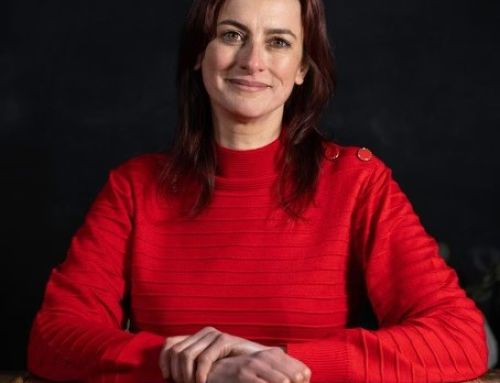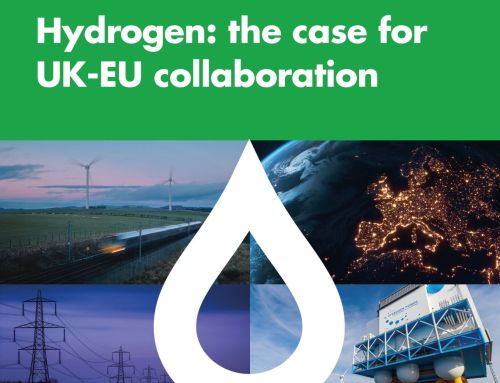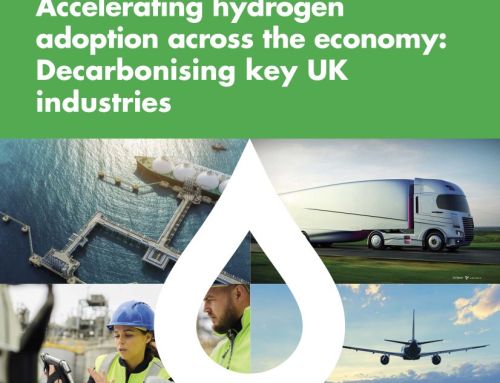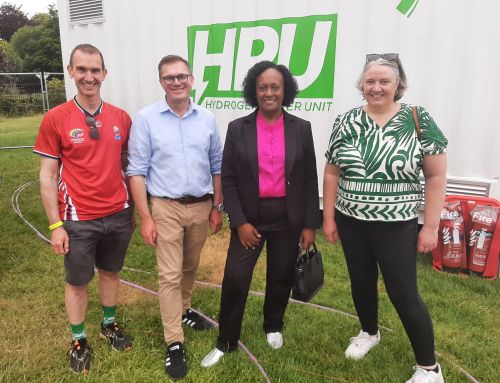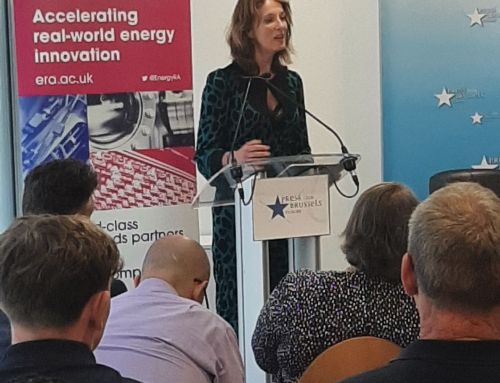ERA’s HyDEX hydrogen innovation programme launches at the House of Lords
An initiative designed to put the Midlands at the forefront of hydrogen innovation was formally launched this week at the House of Lords, to an audience of MPs, peers, businesses, academics and senior civil servants.
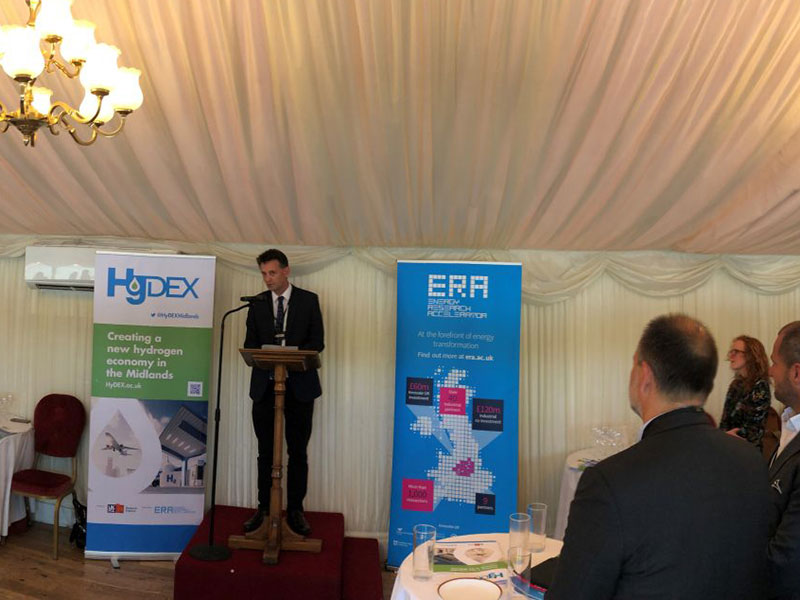
An initiative designed to put the Midlands at the forefront of hydrogen innovation was formally launched this week at the House of Lords, to an audience of MPs, peers, businesses, academics and senior civil servants.
‘HyDEX’ brings together the university partners in the Energy Research Accelerator (ERA), with multinational businesses, SMEs and other partners, in order to accelerate innovation in hydrogen, build markets and the supply chain, and support the skills needed for the new hydrogen economy.
The aim of HyDEX is to address the challenge of building a thriving new business, industrial and manufacturing sector in hydrogen, where very little currently exists. The programme allows businesses to accelerate the development and viability of new hydrogen products and associated intellectual property, while supporting the transition from declining industrial sectors and enabling the training and re-skilling required.
The £4.99 million, three-year programme, funded via the RED Fund scheme and run by Research England (part of UK Research and Innovation – UKRI), will see the ERA university partners making available their £111m worth of hydrogen facilities, large scale demonstration programmes, and research capabilities to regional businesses.
HyDEX is being supported by the expertise of leading industrial partners in transport, heating and manufacturing technologies, these include Worcester-Bosch and Cadent (hydrogen boilers and gas networks); Intelligent Energy (fuel cells); Toyota (hydrogen vehicles); FAUN Zoeller (heavy vehicles); Cenex, EQUANS (Hydrogen Networks); Progressive Energy, ITM Motive (hydrogen generation and transport respectively); Siemens and ENGIE (hydrogen production and storage).
The universities involved in the programme include Keele (project lead), Aston, Birmingham, Cranfield, Loughborough, Nottingham and Warwick. Civic partners such as the Midlands Engine, LEPs, local government and local authorities, will also add their weight to support the creation of a market for low-carbon hydrogen solutions as part of the net-zero transition.
There is also an international dimension to HyDEX, which is facilitating links with growing international markets in countries such as China, Australia and South Korea, where ERA partners have strong connections, in order to build commercial opportunities that reach beyond the Midlands and the UK.
The event at the House of Lords on Wednesday 15th June included presentations from Lord Teverson, Professor Trevor McMillan, Vice-Chancellor of Keele University, Professor Martin Freer Director of the Energy Research Accelerator, and Dennis Hayter, Vice-President of Intelligent Energy.
Speaking about HyDEX, Professor Trevor McMillan, Vice-Chancellor of Keele University, which is leading the programme, said: “We are very excited to be launching the HyDEX programme and leading it from Keele University. At Keele we have been leading the way in researching the use of hydrogen in the domestic gas heating system and in smart energy systems. “This experience and expertise, when combined with the wealth of knowledge in the ERA partnership and our collaborators will enable HyDEX to make a significant impact on the use of hydrogen in the future.”
Professor Martin Freer, Director of the Energy Research Accelerator, added: “The ERA universities have invested significantly in hydrogen infrastructure, creating an array of great facilities and demonstration projects. The HyDEX programme will see experts from our universities, working with Midlands’ businesses to use these facilities to develop new, innovative products.”
Dr Sharon George of Keele University, Principal Investigator for HyDEX, commented: “I am looking forward to leading the HyDEX programme. It will be a great challenge – we are seeking to support the building of a hydrogen economy where one currently doesn’t exist. I am confident that with our academic, industrial and public sector partners, we will be able to demonstrate the commercial potential of hydrogen technologies, support businesses to create products, and build the skills base needed to support the transition to hydrogen.
Alok Choudhary, Professor of Supply Chain Management and Head of Supply Chain Research Group, at WMG, University of Warwick said, “We are thrilled to be working with the HyDEX group of Midlands universities, businesses, and international partners. At WMG, our work stream will focus on establishing and strengthening the supply chain of Hydrogen production, developing business models, and ensuring its sustainability for transitioning to the hydrogen economy in specific sectors. The UK government’s Hydrogen Strategy is a significant step in the low carbon hydrogen development and is central to the UK’s net zero strategy.”
Dennis Hayter, Vice President of Intelligent Energy, said: “For Intelligent Energy and the other business partners involved in the programme, HyDEX provides a unique opportunity for us to develop and test our technologies and prove the worth of hydrogen as a crucial green energy source for the UK and world, as we transition to a net-zero society.”
More details about HyDEX can be found at: www.hydex.ac.uk
